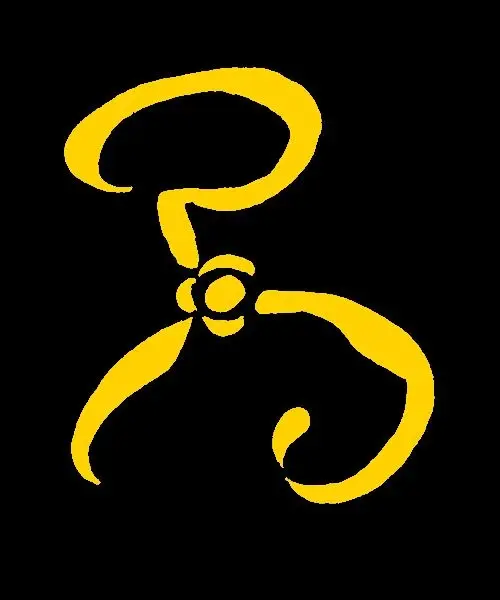

Yes because mechanical fidelity is the lowest priority in continuing the series. Continuation of the story and tonal fidelity matter a lot more. The Fallout series went from a turn based 2.5D isometric RPG to a real time action RPG, and one of the best instalments in the series follows the latter formula.


Baldur’s Gate is part of a setting several decades older than the game franchise of the same name. It was an official setting of D&D a decade before the first game. In the sense of a ROLEPLAYING game, fidelity to the source material is paramount.
The original games were developed at the end of the life cycle of the edition they used for the mechanics. The ruleset got a major revision the same year BG2 was released. There have been several major editions since. Edition warring aside, no one can argue that the Forgotten Realms played in 5th edition isn’t the same Forgotten Realms played in AD&D 2E. The tone and continued narrative of the setting is the key feature in maintaining the soul of a property, not mechanical fidelity.
The game respects the official canon of the Forgotten Realms, including the canonical ending to BG2 where Gorion’s Ward rejected divinity and eventually led to Bhaal’s revival. Characters from the original series return as companions for BG3, with stories acknowledging the Bhaalspawn crisis. One of the origin playthroughs is the exact same story as the first Baldur’s Gate.
If your only complaint is lack of real time with pause then I reckon it’s you who isn’t the real Baldur’s Gate fan.